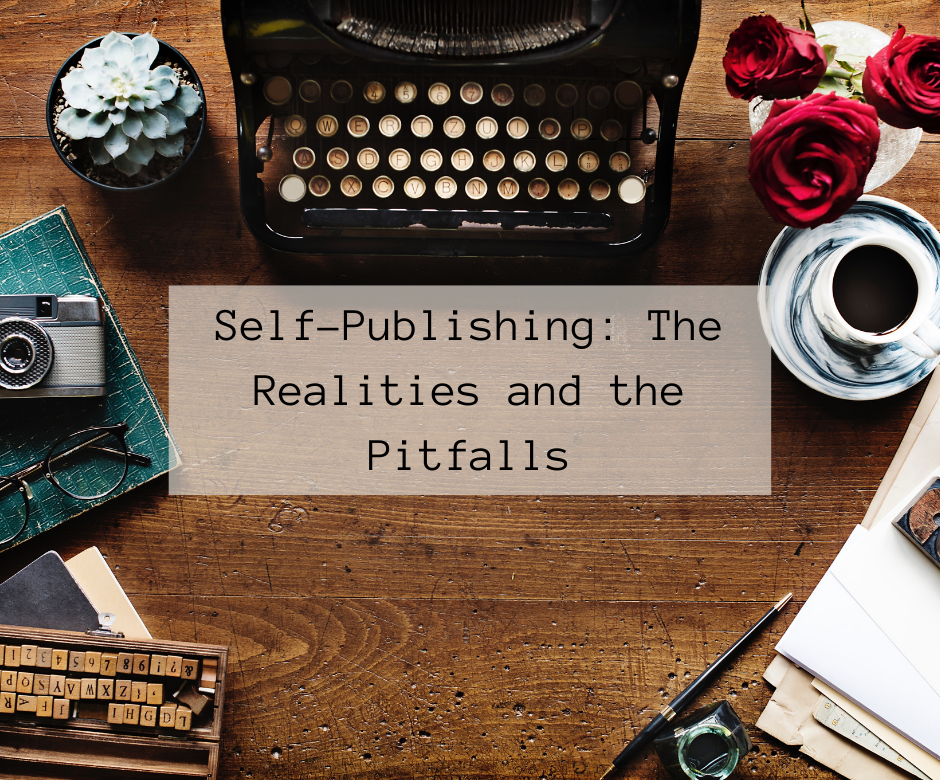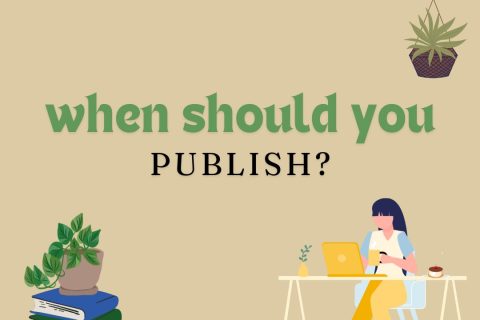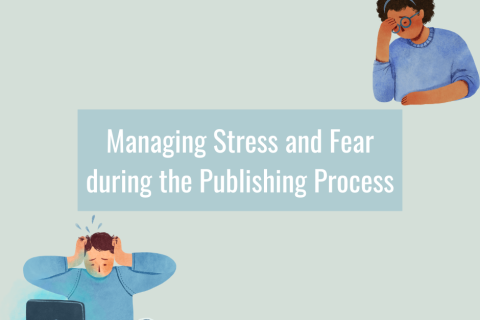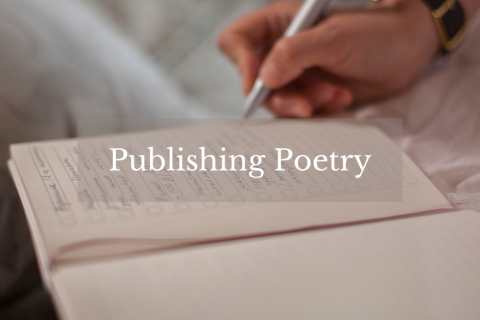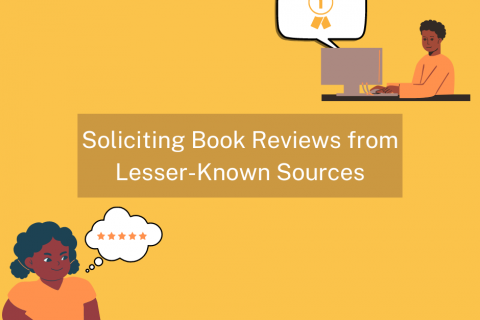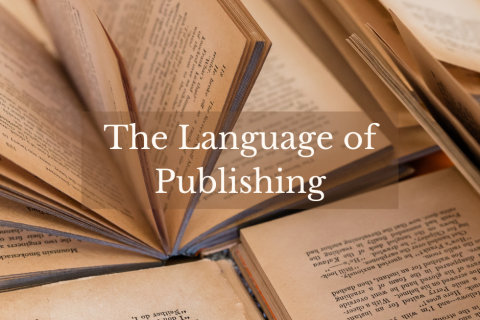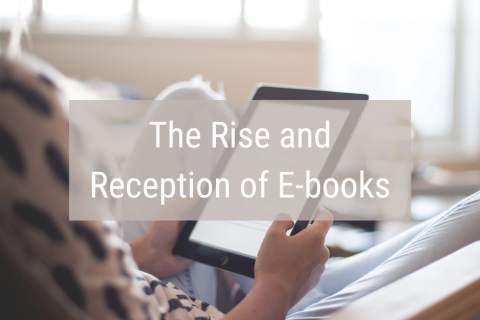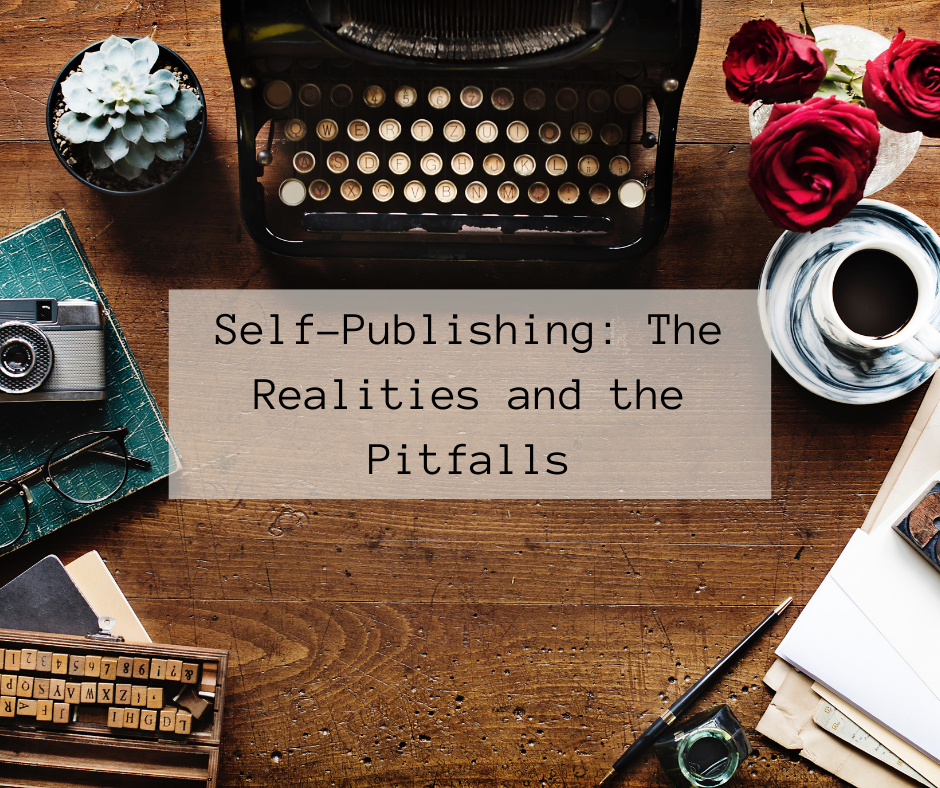
Many authors who contact Brandylane are struggling with an important decision: Should I self-publish my book, seek a literary agent, or submit my work directly to publishers? In recent years, self-publishing has become a popular option; but as it’s still a fairly new option for the broader public, misconceptions abound. Perhaps chief among these misconceptions is confusion over who is actually publishing the work, if an author receives help from another party during this process. The answer, however, is simple: When you self-publish—in the purest sense—you are the publisher of record. Your book and its International Serial Book Number (ISBN) are registered in your name, or in the name of a company you create, via which you will promote and market your book. In this case, any publishing company you may be paying to produce your book—that is, to create the physical copies, including printing, binding, and sometimes formatting the work—is the packager. In contrast, when you engage and pay a publishing company to publish your work under their imprint or name, they are the publisher, and you are not self-publishing in this case.
Self-publishing is challenging, and costly if done well. For many authors, it’s a journey into the unknown—and as a result, self-published books are often substandard or amateurish. Most savvy readers can easily tell when a self-published book hasn’t been produced by a crew of professionals: the manuscript may not have been carefully edited or proofread; the cover may be poorly designed, with photographs or illustrations that haven’t printed well due to their poor resolution; or the book may simply fail to meet other basic industry standards. Often, these shortcomings happen because, in an effort to save on costs, the author didn’t hire an experienced designer or editor.
Another aspect of book publishing that some authors who choose to self-publish rarely consider is marketing. Successful marketing is an enormous factor in a book’s success, and people who choose to self-publish their work don’t receive the benefit of a publisher who will cooperate in the book’s marketing effort. While writing and producing their book, every author becomes their own promoter—but this is especially true of authors who choose to self-publish. The best time to start marketing your work is while it is still in production, so that when your book is released, you will have already built an eager audience that will incite book buyers to come knocking on your door. At this stage, smart self-publishers engage a marketing company or team of friends and family to provide support. Going it alone in your book’s marketing effort is a mammoth undertaking—and a mistake.
In summary, if you choose to self-publish your work, you must become a specialist in many fields at once—writing, design, market research, promotion, sales, even web design and accounting—or you must hire knowledgeable people to assist you. In addition to publishing titles under our imprints, Brandylane has guided many authors through the self-publishing labyrinth, making the process less intimidating and helping them avoid tricky turns and dead ends. We’re always happy to help authors self-publish their work—and we cheer their success as much as we do the books we publish under our imprints!
written by Robert Pruett, Publisher

